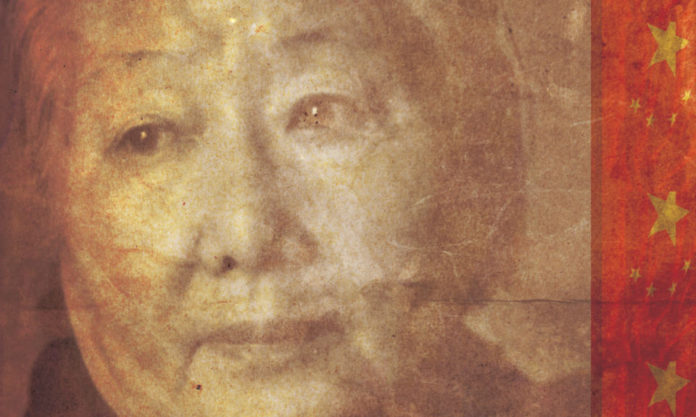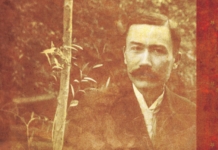Wang Ping (王苹) was PRC’s first female film director and an ambassador for the communist movement’s empowering of gender equality, utilising film as a propaganda art form that would see Wang reach her zenith with 1965’s “The East is Red”.
Born in Nanjing in 1916, Wang’s interest in theatre and acting was ignited while working as a teacher in her hometown. In 1935, her decision to take on the lead role in the Chinese adaption of Norwegian playwright, Henrik Johan’s “A Doll’s House”, would place her fairly and squarely within the realms of both feminism and communism; the former on account of the play’s portrayal of the fate of a married woman in a male-dominated world and the latter for its clashing with the values of the New Life Movement that was a supporter of the Chinese Nationalist Party.
The latter was also the reason that Wang was subsequently sacked from her teaching post by the then nationalist authorities; she was told she could longer teach anywhere in Nanjing.
Wang would spend much of the remaining 1930s and 1940s continuing her work as an actress which also advanced the Communist Party’s cause. The close of the Second World War was to mark her destiny; the transition from stage to China’s relatively new world of moving pictures.
Acting for the Shanghai-based, leftist Kunlun Film Company, Wang was a keen communist supporter, working underground for the Party prior to the establishment of PRC in 1949. Partially as a reward for her dedication, she was appointed as a film director by the August First Film Studio in 1951.
Nevertheless, Wang was by far not the only woman working as a filmmaker in a man’s world, just as today. However, for those early communists, gender equality formed one of their linchpins for economic reform. Remember Mao Zedong’s famous proclamation, “Women Hold Up Half the Sky”?
Much as in other fields in China, the following decades would see more and more female directors emerge in China, but again, in echoes of today, the industry would continue to see an overrepresentation by men.
From 1957-1962, Wang would make her first five feature films, before a familiar character of world renown would enter our narrative. The following few years were to see Wang rubbing shoulders with none other than the first premier of PRC himself, Zhou Enlai.
Whether Zhou had a soft spot for movies, or realised their potential for propaganda, or both, is unclear, but he nevertheless commissioned Wang to co-direct a film adaption of the popular play, “Sentinels under the Neon Lights”, in 1964. This was to be a seminal moment, as it was to lead to the two working hand in hand, as director and producer, on “The East is Red”, just a year later.
Zhou had originally pushed the idea for the stage show which, with its success, went on to pave the way for the movie version. Writing for SupChina, Tristan Shaw notes, “Unlike your typical propaganda flick, however, The East is Red has a high degree of artistic quality. There are senses of unity and energy to the film that make it strangely compelling”.
No wonder the International Movie Database (IMDB) scores the song and dance epic a very respectable 7.4, calling it “Pre-Cultural Revolution propaganda at its most lavish”.
Wang passed away, aged 74, on 2 December, 1990.












